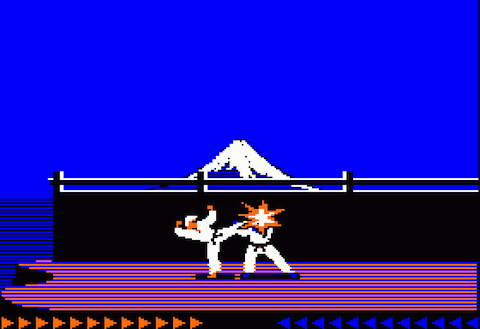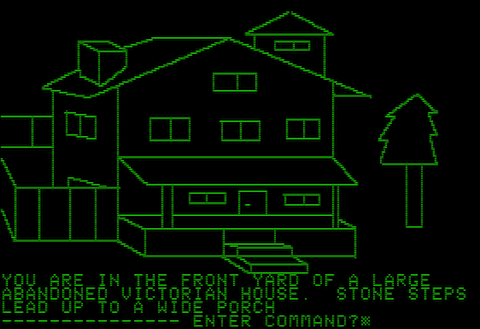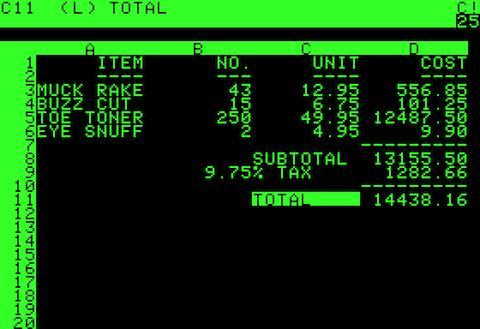
Note: If you’re having difficulties getting this software running in your browser give Firefox a try. It seems to work the best.
Movies, commercials, radio shows, even books: we’ve enjoyed the ability to effortlessly pull up things we remember from our childhood on the internet just long enough that it feels strange and uncomfortable when we can’t. Up until now, though, we haven’t had an easy way to re-experience the computer software we remember using in decades past. In my case, of course — and likely in a fair few of yours as well — I spent most of my computer time in decades past playing games and not, say, building balance sheets. But whichever you did, the Internet Archive’s newly opened Historical Software Archive makes it easy to re-live those old days at the keyboard without having to buy a vintage computer on eBay, track down its software, remember all its required commands and keystrokes, and hope the floppy discs — or, heaven help us, cassette tapes — boot up correctly. They’ve made these wealth of games, applications, and oddities freely available with the development of JMESS, a Javascript-powered version of the Multi Emulator Super System, “a mature and breathtakingly flexible computer and console emulator that has been in development for over a decade and a half by hundreds of volunteers.”

They say a bit more about the technology behind all this on the Internet Archive Blog, and the Historical Software Archive’s front page offers recommendations for which “ground-breaking and historically important software products” to try first, including 1.) Jordan Mechner’s Karateka (top), a hot game in 1980 and the most popular item in the archive today; 2) Sierra On-Line’s Mystery House (above), which gave rise more or less by itself to a vast genre of graphic adventures; 3) three adaptations of Namco’s Pac-Man (one for the Atari 2600, one remade for that same console, one lawsuit-inducing knockoff for the lesser-known Odyssey2); 4) E.T. the Extra-Terrestrial, a “1982 adventure video game developed and published by Atari, Inc. for the Atari 2600 video game console;” and 5) Dan Bricklin and Bob Frankston’s Visi-Calc (below), the granddaddy of all spreadsheet programs, and arguably the single application that turned computing from hobby into necessity. Or how about 6) WordStar, the early word processing program? Just click on the “Run an in-browser emulation of the program” link to fire up any of these and, if you’re under about 30, experience just what computer users of the late seventies and early eighties had to deal with — and how much fun they had.

Related Content:
How Indie Video Game Makers Are Changing the Game
The Great Gatsby and Waiting for Godot: The Video Game Editions
Ancient Greek Punishments: The Retro Video Game
Colin Marshall hosts and produces Notebook on Cities and Culture and writes essays on literature, film, cities, Asia, and aesthetics. He’s at work on a book about Los Angeles, A Los Angeles Primer. Follow him on Twitter at @colinmarshall.


Pacman is the best game i have ever played on internet. I still remember those days when i use to play this game for the whole night, sitting on my andaseat gaming chair. Believe me, the experience is worth it.